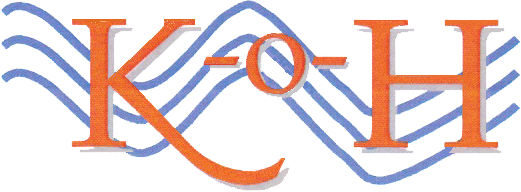Let's face it: English is a crazy language.
There is no egg in eggplant, nor ham in hamburger; neither apple nor pine in a pineapple.
English muffins weren't invented in England or French fries in France.
Sweetmeats are candies while sweetbreads, which aren't sweet, are meat.
We take English for granted. But if we explore its paradoxes, we find that quicksand can work slowly, boxing rings are square, and a guinea pig is neither from Guinea nor is it a pig.
And why is it that writers write but fingers don't fing, grocers don't groce, and hammers don't ham?
If the plural of tooth is teeth, why isn't the plural of booth, beeth?
If teachers taught, why didn't preachers praught?
If a vegetarian eats vegetables, what does a humanitarian eat?
Contributed by Barbara Bruno
